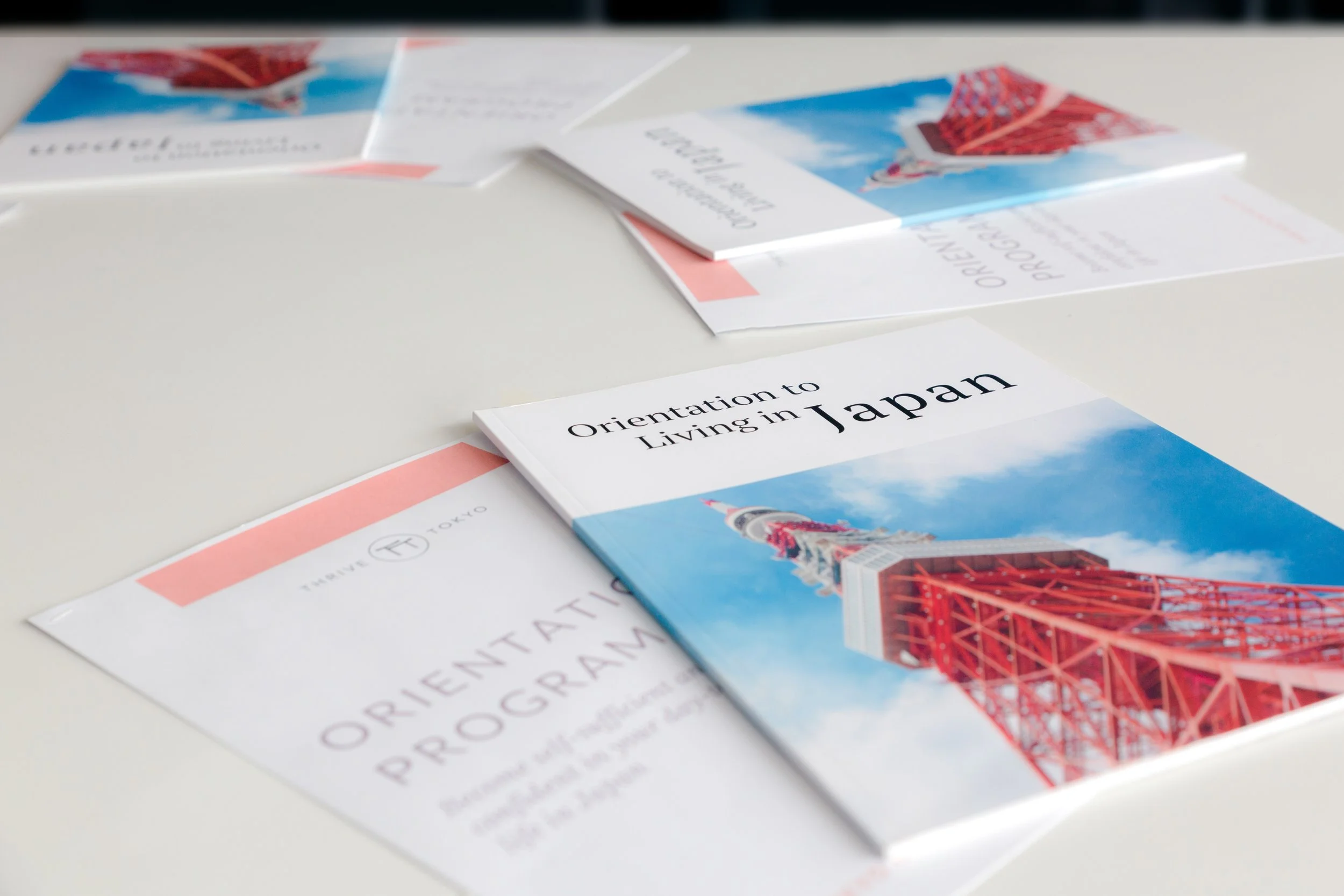Lost Chance
How entry restrictions have impacted business and education
By Julian Ryall
Over the past 18 months, the vast majority of foreign and domestic companies that have received assistance from the Japanese government—to get through a period widely regarded as the most challenging for businesses in living memory—have been deeply appreciative of that support. Companies across the spectrum have struggled to keep their heads above water as the coronavirus pandemic has raged around the world, ravaging their operations and forcing too many to pull down the shutters.
Yet there is one key area to which the policies of the Japanese authorities arguably have proved damaging.
Anyone in business knows that, by far, their most valuable assets are their people. But the government’s decision to impose stringent restrictions on anyone seeking to enter Japan—whether to return to a job, take up a new position, or begin a course of study—has added an extra layer of difficulty for many.
It was particularly galling for companies struggling with personnel issues to see those same restrictions relaxed for thousands of athletes, support staff, media, and VIPs arriving for the Tokyo 2020 Olympic and Paralympic Games.
According to the Japanese government, a mere 17,700 foreign nationals entered the country in September, a figure that includes anyone arriving for any reason. That total is down 99.2 percent from the same month in 2019, the year before the pandemic gripped the global community.
Road to Recovery?
With infection rates falling and the number of people fully vaccinated rising steeply, the authorities in Japan have begun to ease restrictions on people being out and about, while the Go To Travel scheme is expected to be relaunched to encourage domestic trips. The hope is that the gradual loosening of restrictions will soon be carried over to the international sector and borders will once again be open.
For many in business here, that cannot come soon enough. The failure to open to business travelers—with all the necessary precautions and caveats in place—has damaged companies’ operations, and it will take time for most to fully recover.
“The government restrictions on entry into the country have impacted my business in two ways,” said Kenneth Lebrun, a partner with the law firm Davis Polk & Wardwell LLP in Tokyo. “First, we have been unable to bring new employees to Japan, whether internal rotations from our US offices or external hires, because the government is not issuing new long-term work visas. This has impacted the ability of professional service firms to provide services to Japanese clients concerning their overseas operations.”
The failure to open to business travelers—with all the necessary precautions and caveats in place—has damaged companies’ operations, and it will take time for most to fully recover.
Mergers and acquisitions (M&As) as well as foreign direct investment (FDI) have also been affected.
“In addition, the blanket ban on foreign business travelers coming to Japan—and the quarantine requirements for Japanese residents traveling abroad, and then returning to Japan—has negatively affected the level of cross-border investment and M&A activity, which is a significant portion of our business,” said Lebrun, who also serves as co-chair of the American Chamber of Commerce in Japan (ACCJ) FDI and Global Economic Cooperation Committee.
Brain Drain
The entry restrictions have also caused headaches for staff and students at the Tokyo campus of Temple University, the Philadelphia-based institution which will be marking 40 years in Japan next year.
“At present, we have individuals in four key positions who are unable to make it into the country based on current restrictions,” said Matt Wilson, president and dean of the Japan campus.
“Not being able to have our chief academic officer, head of libraries and online learning, director of academic advising, and financial aid coordinator on site in Tokyo has been less than ideal,” Wilson told The ACCJ Journal. “Although they are working remotely from the United States and doing their best to actively engage and work with students, it is especially challenging as we have continued to offer in-person courses throughout the pandemic.”
The impact on the student body has been even more damaging, with the university forced to cancel four short-term study abroad programs in Japan, meaning that 500 students have missed out on opportunities to study here. There are concerns that the next intake of more than 150 students for short-term courses, which are due to start in January, may also be affected if Japan does not announce in November its willingness to reopen its borders to students.
The Class of 2020 has many great memories of their time at Temple University Japan Campus, but entry restrictions have forced many students who had applied to study in Japan to switch to Temple facilities elsewhere.
Wilson explained that not only has the financial impact on the university been substantial, but they may lose students if the restrictions are not eased soon.
“If we have to cancel another short-term cohort, Temple and non-Temple students interested in the program may end up at another destination, such as at our Rome campus or one of our partner destinations in Europe or Asia,” Wilson said. “Or—more likely than not—they will simply abandon their plans to study abroad. I have spoken with many students who have been waiting and waiting, and now they are running out of time academically to study abroad as they prepare to graduate.”
In addition, more than 200 undergraduates are taking courses remotely, often at odd hours of the night, while waiting for the borders to reopen so that they can either resume their courses here or start their studies. “Our overseas students want to be in Japan, not attending classes remotely from their home countries,” Wilson emphasized. “Our concern is that the patience of our current students who are unable to enter Japan will run thin, and they will burn out on online education at strange hours in their home countries. They could decide to take a leave of absence, drop out, or pursue other opportunities.
“Because of the borders being closed, we have actually had some long-term, degree-seeking students who decided they were going to attend other institutions, take an indefinite leave of absence, or simply abandon their plans to study here in Japan.”
And it did not have to be this way, he pointed out. Many students who had applied to study in Japan switched to Temple facilities elsewhere, such as the school’s Rome campus.
Italy reported some of the worst coronavirus outbreaks in Europe, with close to 4.75 million cases to date and nearly 132,000 deaths. Japan, in comparison, has seen 1.72 million cases and just over 18,000 deaths, despite having more than double the population of Italy. Yet the Italian authorities chose to continue to host short-term study abroad courses throughout the pandemic. Similarly, while the United States kept borders open to foreign students—including those from Japan—the Japanese government refused to reciprocate.
“Because of the borders being closed, we have actually had some long-term, degree-seeking students who decided they were going to attend other institutions, take an indefinite leave of absence, or simply abandon their plans.”
“The 14-day quarantine imposed by Japan was much stricter than [the quarantine of] other nations and, personally, I believe this quarantine period would have eliminated any potential problems of new students bringing Covid-19 into Japan,” Wilson said. He added that another tactic would have been to require all inbound students to demonstrate that they had received both doses of an approved vaccine as a precondition for receiving a student visa.
Forced Change
Businesses and other organizations with operations in Japan have had little choice but to adapt to the vastly changed circumstances, said Katheryn Gronauer, founder of cross-cultural training and coaching company Thrive Tokyo.
“For business-to-business clients, what impacted my work wasn’t necessarily the government’s entry restrictions themselves, but the attitudes of the companies I have been working with in response to the entry restrictions,” she said. “On the one hand, I have been able to do more work with companies that value online training and have trained not only those currently stuck overseas who will be moving to Japan, but also employees who will continue to be based overseas and communicate with Japanese colleagues.
“On the other hand, some companies have chosen to wait until their employees move to Japan before starting the training process in person, so work with those companies has been significantly delayed.”
Gronauer, who is a vice-chair of the ACCJ Sales Development Committee, has worked through the challenges by moving much of her operations online and increasing her wellness-related coaching to meet demand from companies that have staff working from home. She is optimistic that the changes that have been forced on businesses—such as the growing acceptance of online training sessions—will hasten digital awareness.
Katheryn Gronauer‘s Thrive Tokyo consulting, coaching, and training, which helps people adjust to living in Japan, has had to shift focus due to the entry restrictions.
Lesson Learned?
Both Lebrun and Wilson said that their staff adapted quickly and efficiently to new ways of working in the early weeks and months of the pandemic. Lebrun called the efforts of his company’s current Japan-based workforce heroic, but said they hope that, in government, lessons have been learned which might enable the business community to avoid such problems should a similar crisis occur again.
“The Japanese government has clearly prioritized certain categories of travelers, such as visitors connected to the Olympics,” said Lebrun. “We think that issuing new work visas for long-term stays should have a higher priority, as such employees are critical to Japan’s competitiveness and economy.
“The longer the restrictions continue, the greater the long-term impact will be,” he added. “I am encouraged to hear that the Japanese government is looking for a gradual relaxation of restrictions beginning in November, and I hope they focus on restarting the issuance of long-term work visas for professionals.”
Temple University’s Wilson echoed this, adding that while Japan “has no higher priority than the protection, safety, and health of its citizens,” there was a need to better balance the different priorities and needs of society, which include education.
“Through the promotion and advancement of education, a country has the opportunity to elevate its citizens, improve society, enhance communication, and better prepare to tackle present and future challenges on a domestic and global scale,” he said.
“In today’s interconnected world, the pandemic has made it clear that many of our biggest challenges are global in nature. International education is vital. It builds lasting relationships, facilitates greater cross-cultural understanding, prepares future leaders, fosters innovation, improves competitiveness, strengthens economies, and ensures sustainable development,” he continued.
“Academic exchanges and study abroad are two important keys to international education. And I worry that the loss of study abroad students due to closed borders will have an impact for decades to come. International education opportunities have been lost.”
And the same goes for business.
Get full details of the latest policies and rules:
Kenneth Lebrun
Partner
Davis Polk & Wardwell LLP
Co-chair
ACCJ FDI and Global Economic Cooperation Committee
Katheryn Gronauer
Founder
Thrive Tokyo
Vice-chair
ACCJ Sales Development Committee
Matt Wilson
President and dean
Temple University Japan Campus
THE ACCJ JOURNAL
Vol. 58 Issue 8
A flagship publication of The American Chamber of Commerce in Japan (ACCJ), The ACCJ Journal is a business magazine with a 58-year history.
Christopher Bryan Jones,
Publisher and editor-in-chief
Advertising & Content Partnerships








